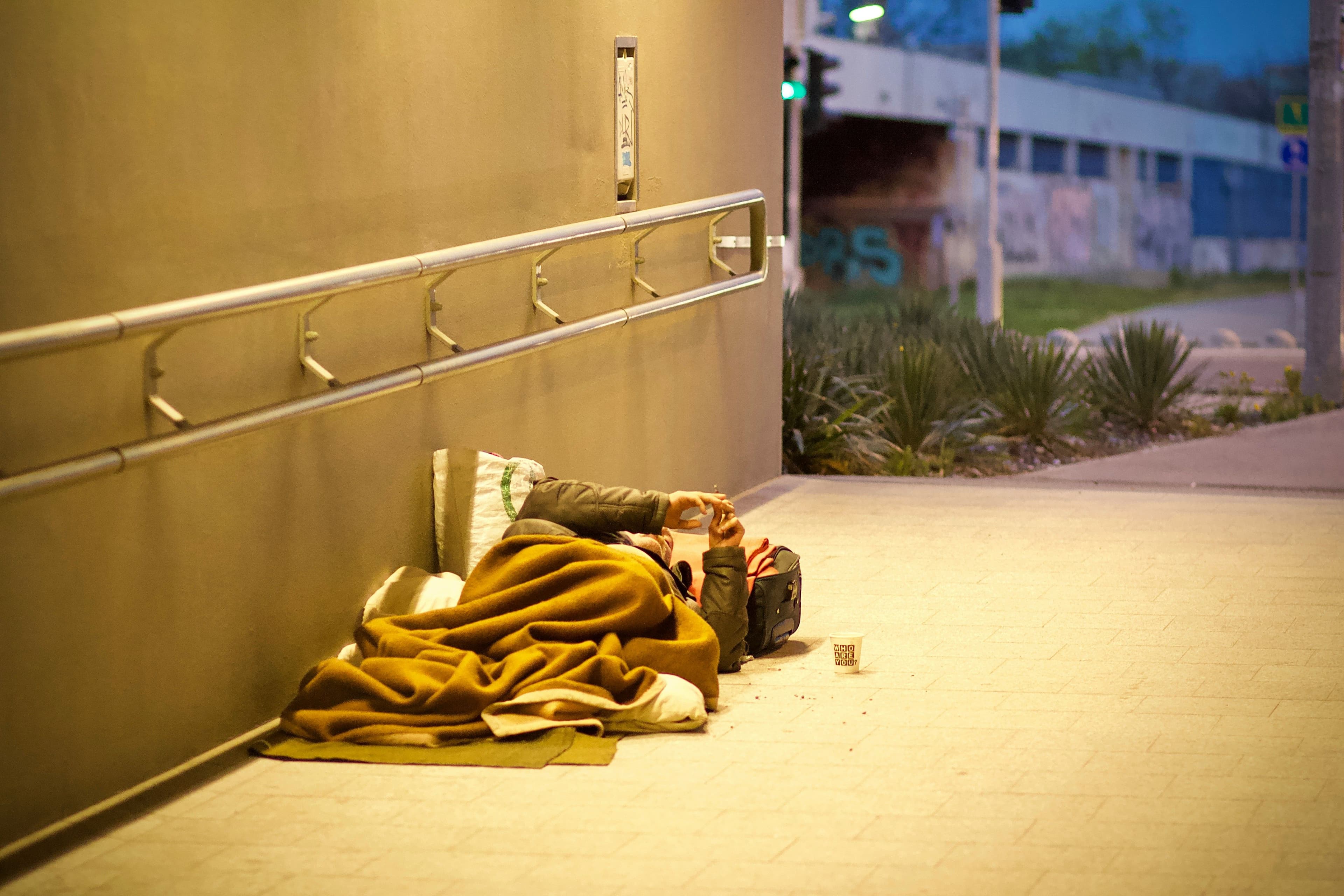Fighting homelessness in Luxembourg: promises and reality

Mihály Köles, Unsplash
The Luxembourg authorities have stated their goal of eliminating homelessness by 2030, but social organisations have criticised the lack of a clear strategy and real action. Solidaritéit mat den Heescherten, an association representing the interests of social workers, issued a statement calling the current situation alarming and emphasising that the government does not even have accurate data on the number of people in need.
According to the organisation, WAK, aimed at helping the homeless during the cold months, remains the only serious support tool. However, only those who have been living in Luxembourg for at least three months have access to shelters. This requirement has angered social workers: "Should help really depend on the temperature outside or on formalities?"
Social services also report that even people with full social rights face long waits for a place in shelters. The queues are getting longer and longer, and many people have to wait for months, losing hope for improvement.
The association advocates more localised initiatives and calls for the rehabilitation of empty buildings to create affordable housing. According to social workers, such steps will help ensure decent living conditions for the homeless and reduce dependence on temporary shelters.
The Minister of Family, Max Hahn (DP), recalled that unconditional access to shelters is granted for the five coldest months of the year. However, the new arrangement, agreed with the social partners, aims to avoid an influx of people who do not live permanently in Luxembourg.
These restrictions are perceived by public organisations as unfair. While some of those in need are left without support, critics argue that government policy only temporarily alleviates the problem without offering long-term solutions.
The issue of homelessness remains one of Luxembourg's key social problems. Despite budgetary increases and promises, the lack of a systematic approach and delays in providing housing have been criticised. Addressing the problem requires not only financial injections, but also the creation of a more flexible and humane system of assistance so that by 2030 Luxembourg can truly fulfil its promise.





